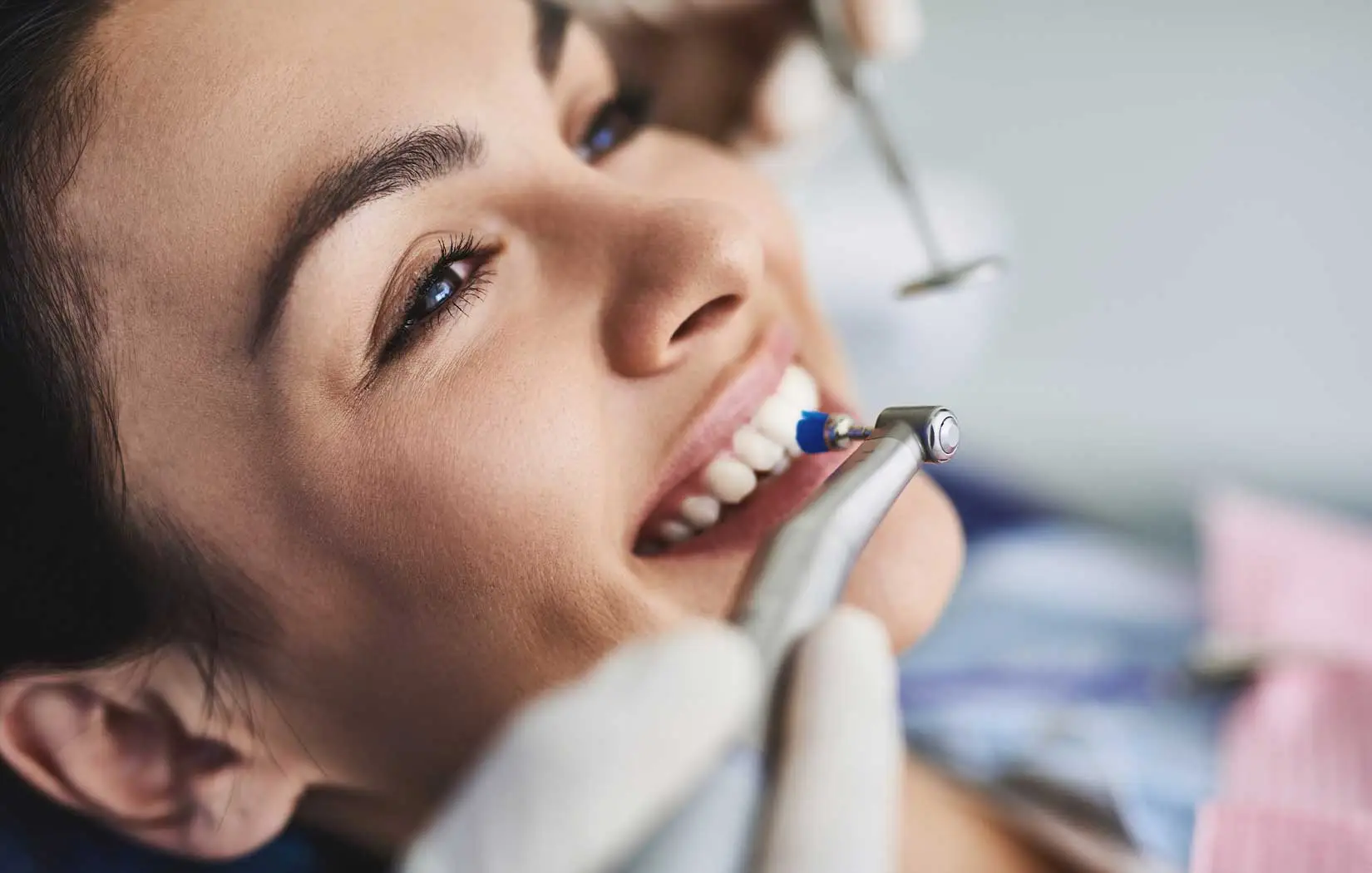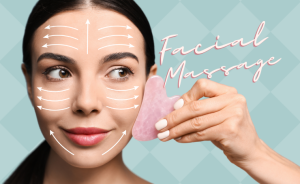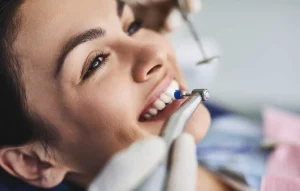Regular dental cleanings are essential for maintaining long-term oral health. While daily brushing and flossing are necessary, professional cleanings remove plaque and tartar buildup that home care often misses. This article will walk you through the cleaning process, its benefits, and how to keep your mouth healthy between visits.
The Importance of Regular Dental Cleanings
Plaque is a sticky film of bacteria that forms on your teeth and can harden into tartar if not removed. These substances contribute to tooth decay and gum disease. Professional cleanings eliminate them effectively, reducing your risk of dental problems. Additionally, cleanings allow your dentist to spot issues like cavities or early signs of gum disease before they become serious.
Regular cleanings also help:
- Prevent tooth decay and periodontal disease
- Eliminate persistent bad breath
- Detect early signs of oral cancer or other issues
- Maintain overall health, as poor oral hygiene has been linked to systemic diseases

What Happens During a Dental Cleaning?
A typical dental cleaning includes the following steps:
- Examination: Your dentist or hygienist checks for visible signs of decay, gum issues, or other oral health concerns.
- Scaling: Specialized tools, including ultrasonic and hand scalers, are used to remove plaque and tartar from tooth surfaces and below the gumline.
- Polishing: A high-powered brush and gritty paste smooth and shine your teeth while removing surface stains.
- Flossing and rinsing: Your teeth are flossed professionally, and your mouth is rinsed to remove any debris.
- Fluoride (optional): In some cases, a fluoride treatment is applied to strengthen your enamel and fight decay.
Benefits of Routine Cleanings
Regular dental cleanings provide numerous benefits beyond aesthetics:
- Lower risk of cavities and gum disease
- Fresher breath
- Brighter smile by removing surface stains
- Early detection of dental problems
- Reduced risk of serious systemic health issues
In many cases, dental cleanings also support cosmetic outcomes—especially when combined with treatments like teeth whitening, veneers, or Hollywood Smile.
How Often Should You Get a Dental Cleaning?
Most people benefit from professional cleaning every six months. However, your dentist might recommend more frequent visits based on:
- History of gum disease or frequent cavities
- Smoking or tobacco use
- Presence of restorations like composite filling or crowns
- Chronic health conditions like diabetes
A personalized schedule helps maintain optimal oral health.
Between Cleanings: Your At-Home Care Guide
Here are tips to maintain your oral health between appointments:
- Brush your teeth twice a day with fluoride toothpaste
- Floss daily to clean between teeth and below the gumline
- Use a therapeutic mouthwash
- Eat a balanced, low-sugar diet
- Avoid smoking or using tobacco
- Drink plenty of water
- Visit your dentist for regular scaling and polishing.
By following these habits, you can extend the benefits of each cleaning and protect your investment in treatments like invisalign or root canal Treatment.

Managing Dental Anxiety
Dental anxiety is a common issue that many people face, but there are several strategies you can use to help overcome it. Here are some tips to help you manage dental anxiety:
- Communicate with your dentist: Let your dentist and dental team know about your dental anxiety. Openly discussing your fears and concerns can help them understand your needs and provide appropriate support and reassurance throughout your dental visits.
- Choose a dentist who specializes in treating anxious patients: Look for a dentist who has experience in working with anxious patients or specializes in sedation dentistry. These professionals are trained to create a calming and supportive environment for patients with dental anxiety.
- Seek distraction techniques: Distraction techniques can take your focus away from the dental procedure and help you relax. You can bring your own music and headphones, practice deep breathing exercises, or engage in visualization techniques to create a positive and calming mental image.
- Practice relaxation techniques: Before your dental appointment, try relaxation techniques such as deep breathing, progressive muscle relaxation, or meditation. These techniques can help reduce anxiety and promote a sense of calmness.
- Use numbing gels or sprays: Over-the-counter numbing gels or sprays can help alleviate minor discomfort associated with dental procedures. Applying these products to your gums before the appointment can help ease anxiety about potential pain.
- Consider sedation options: For individuals with severe dental anxiety, sedation dentistry may be an option. This can include oral sedatives, nitrous oxide (laughing gas), or intravenous (IV) sedation. Discuss these options with your dentist to determine which one is suitable for you.
- Take breaks during treatment: If you feel overwhelmed during a dental procedure, request breaks. Agreeing on a signal with your dentist, such as raising your hand, can provide a sense of control, allowing you to take breaks as needed.
- Build trust with your dentist: Building a trusting relationship with your dentist can help alleviate anxiety. Take the time to discuss your concerns, ask questions, and understand the treatment plan. Knowing that you are in capable hands can help you feel more at ease.
- Consider therapy or counseling: If your dental anxiety is severe or significantly impacts your daily life, consider seeking professional help. Therapy or counseling can help you address the root causes of your anxiety and develop coping strategies to manage it effectively.
- Gradual exposure and desensitization: If your dental anxiety is severe, you may benefit from a gradual exposure approach. Start with short, low-stress dental visits and gradually increase the complexity of procedures over time. This approach helps desensitize you to the dental environment and build confidence.
Final Thoughts
Dental professionals are trained to help patients with dental anxiety, and they are there to support you throughout your treatment. By employing these strategies and working with your dental team, you can gradually overcome dental anxiety and maintain your oral health.
If you’re considering further aesthetic improvements, speak with your provider about Dental Treatment makeover. Combine preventive care with cosmetic dentistry for your healthiest, most confident smile.











